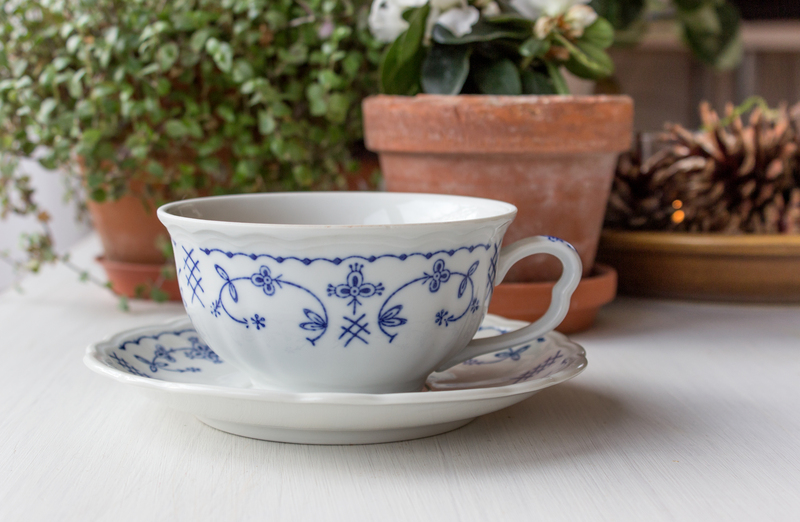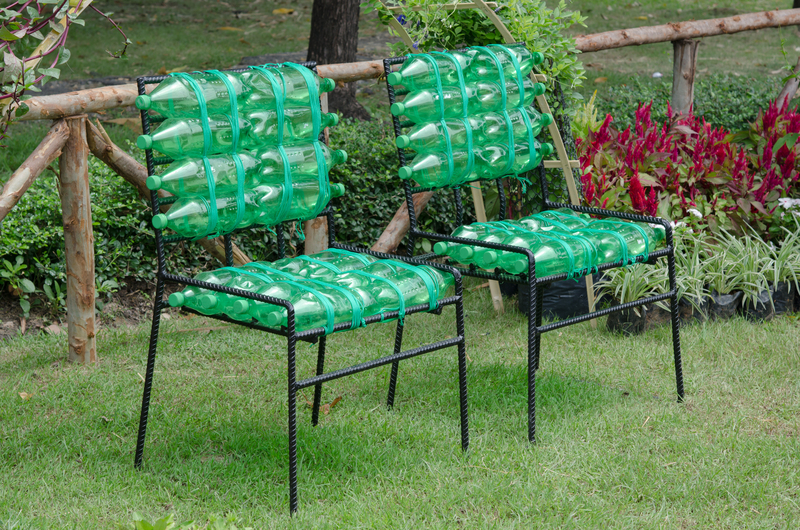Beyond the Mess: Comprehensive Clutter Removal and Hoarder Rehabilitation
In a world where material acquisition is easier than ever, it's no wonder that clutter removal and hoarder rehabilitation have become critical services for many individuals and families. But clearing out the chaos isn't as simple as hauling away unwanted items. Understanding the emotional, psychological, and practical aspects of hoarding disorder and effective de-cluttering solutions is essential to help those trapped in cycles of accumulation. In this article, we go beyond the mess, exploring the complexities of clutter and how comprehensive clutter cleanup combined with robust hoarder support programs can create lasting change.

Understanding Hoarding: More Than Just Clutter
Clutter can accumulate in any home, but for individuals with hoarding behaviors, the problem goes much deeper. Hoarding is now recognized by mental health professionals as a specific disorder characterized by persistent difficulty discarding possessions, regardless of their actual value. This not only leads to overwhelming mess but also impacts health, safety, and relationships.
Common Signs of Hoarder Disorder
- Excessive accumulation of items, often to the point of preventing normal use of living spaces
- Inability to discard possessions, even if they are broken or useless
- Distress or anxiety at the thought of giving items away
- Clutter that causes health risks, such as blocked pathways or fire hazards
- Strained relationships with family or loved ones due to the mess
Recognizing that hoarding is a mental health concern is the first step toward meaningful change. Successful clutter removal strategies must address the underlying causes, not just the physical symptoms.
The Risks of Severe Clutter and Hoarding
Untreated hoarding and chronic clutter can seriously endanger occupants. Some of these risks include:
- Increased risk of falls and injuries from blocked walkways
- Fire hazards due to flammable items piling up
- Pest infestations and unsanitary conditions
- Health hazards like mold or dust allergies
- Social isolation and deteriorating mental health
Comprehensive clutter removal isn't simply about tidying up - it's about restoring health, safety, and dignity.
The Psychology Behind Hoarding and Chronic Clutter
Hoarding is often misunderstood as laziness or disorganization. The reality, however, is more complex. Many people who suffer from hoarding disorder experience intense emotional attachments to their possessions. They may fear losing memories, believe items are valuable or useful in the future, or feel overwhelmed by decision-making.
Emotional Triggers and Mental Health
- Experiences of trauma, grief, or loss can intensify hoarding behaviors
- Compulsive acquisition may serve as a coping mechanism for anxiety or depression
- Perfectionism and procrastination can fuel chronic disorganization
These psychological barriers are why traditional cleaning methods rarely work for hoarder situations. True recovery addresses emotional needs alongside physical clutter cleanup.
Effective and Compassionate Clutter Removal Strategies
When it comes to hoarder house cleanouts or tackling extreme clutter, the best results come from a sensitive, individualized approach. Here's how experts recommend handling the process:
1. Assessment and Safety Planning
- Begin with a comprehensive assessment of the property's condition
- Identify health and safety hazards (e.g., blocked exits, pests, hazardous waste)
- Develop a step-by-step safety plan before removing any items
2. Building Trust and Providing Emotional Support
- Listen and encourage the individual to express their feelings and fears
- Involve them in the decluttering process whenever possible
- Avoid criticism and practice empathy
3. Sorting, Organizing, and Disposal
- Use a systematic, room-by-room approach to avoid overwhelming the person
- Sort items into categories: Keep, Donate, Recycle, and Discard
- Consider using professional junk removal services for hazardous materials or large volumes
4. Deep Cleaning and Restoration
- Once items are removed, conduct deep cleaning to address odors, mold, or biohazards
- Repair any damage to walls, floors, or fixtures as needed
- Restore the home to a functional, safe, and welcoming environment
Professional clutter removal companies specializing in hoarder cases bring not only manpower but also expertise in trauma-informed care, biohazard handling, and property restoration. This comprehensive service ensures both safety and dignity for the person in need.
Hoarder Rehabilitation: Moving from Crisis to Recovery
Addressing the mess is only the beginning. Without ongoing support, even the most successful clutter cleanout can be temporary. Hoarder rehabilitation involves a combination of therapy, social support, skills training, and environmental management to create lasting change.
Cognitive-Behavioral Therapy (CBT) for Hoarding
- CBT is the gold standard for treating hoarding disorder
- Helps individuals develop healthier beliefs about possessions
- Addresses decision-making and organizational skills
- Works to reduce avoidance and procrastination
Therapists may conduct sessions in the home, allowing direct practice in sorting and discarding.
Community and Family Involvement
- Family support is critical for breaking cycles of isolation and shame
- Group therapy or peer support can provide understanding and accountability
- Community agencies may offer ongoing in-home support or life skills training
Developing New Habits and Systems
- Implementing daily routines for tidying and discarding mail, packaging, etc.
- Setting realistic goals and celebrating small victories
- Ongoing maintenance cleanups to prevent relapse
Professional Clutter Cleanup Services: What to Expect
Modern clutter removal services have evolved far beyond simple junk hauling. When you hire a professional team, you can expect a tailored and discreet approach:
- Confidential and non-judgmental service
- Assessment of special needs: pet hoarding, biohazards, or environmental hazards
- Flexible scheduling to minimize disruption
- Coordination with social workers, therapists, or case managers as needed
- Thorough cleaning right down to vents, appliances, and hidden areas
- Restoration: minor repairs, deodorizing, and prevention tips
Choosing a company experienced in hoarder rehabilitation ensures the job is done compassionately and effectively, ensuring no trauma or humiliation is added to an already stressful process.
DIY Decluttering: When and How It Works
While extreme hoarder situations require professional intervention, many people can tackle mild-to-moderate clutter themselves--or with the help of friends and family. Here are DIY decluttering tips to get started:
- Start small: Tackle a single drawer or shelf at a time
- Set timers to avoid burnout--try 20-minute sorting sessions
- Follow the "one in, one out" rule to prevent new buildup
- Donate usable items to charity for an added sense of purpose
- Dispose of trash and recyclables responsibly
- Consider enlisting an accountability partner to help stay on track
Tips for Preventing Clutter and Hoarding Relapse
- Set clear boundaries for incoming items--mail, purchases, gifts
- Schedule regular "mini cleanouts"
- Organize with storage bins, shelves, or labels to encourage order
- Practice mindful shopping and prioritize experiences over things
- Seek help early if you notice clutter building up again

Frequently Asked Questions About Clutter Removal and Hoarder Rehabilitation
Is hoarding just extreme collecting?
No--while collectors carefully curate items of specific value, hoarders tend to acquire indiscriminately and struggle to let go, often resulting in unsafe living conditions.
How do I help a loved one who is struggling with hoarding?
- Approach with kindness and patience
- Avoid judgment or ultimatums
- Encourage them to seek professional help for hoarder rehabilitation
- Be supportive during cleanup but respect their boundaries
What services do professional declutterers provide?
They offer everything from single-room cleanups to full-home clutter removal, organization, deep cleaning, minor repairs, and referrals to hoarder or trauma therapists.
Conclusion: Restoring Hope - Beyond the Mess
Clutter and hoarding are daunting challenges, but with the right knowledge, support, and comprehensive clutter cleanup and rehabilitation, it's possible to reclaim safe and welcoming spaces--and healthier lives. Whether you're tackling a small area of mess or supporting someone with severe hoarding, compassion, patience, and professional expertise are vital every step of the way.
By addressing both the visible and invisible aspects of the problem, the mess can be cleared--and, more importantly, lives can be transformed. If you or someone you love is struggling, remember: help is available, and change is possible, one step at a time.